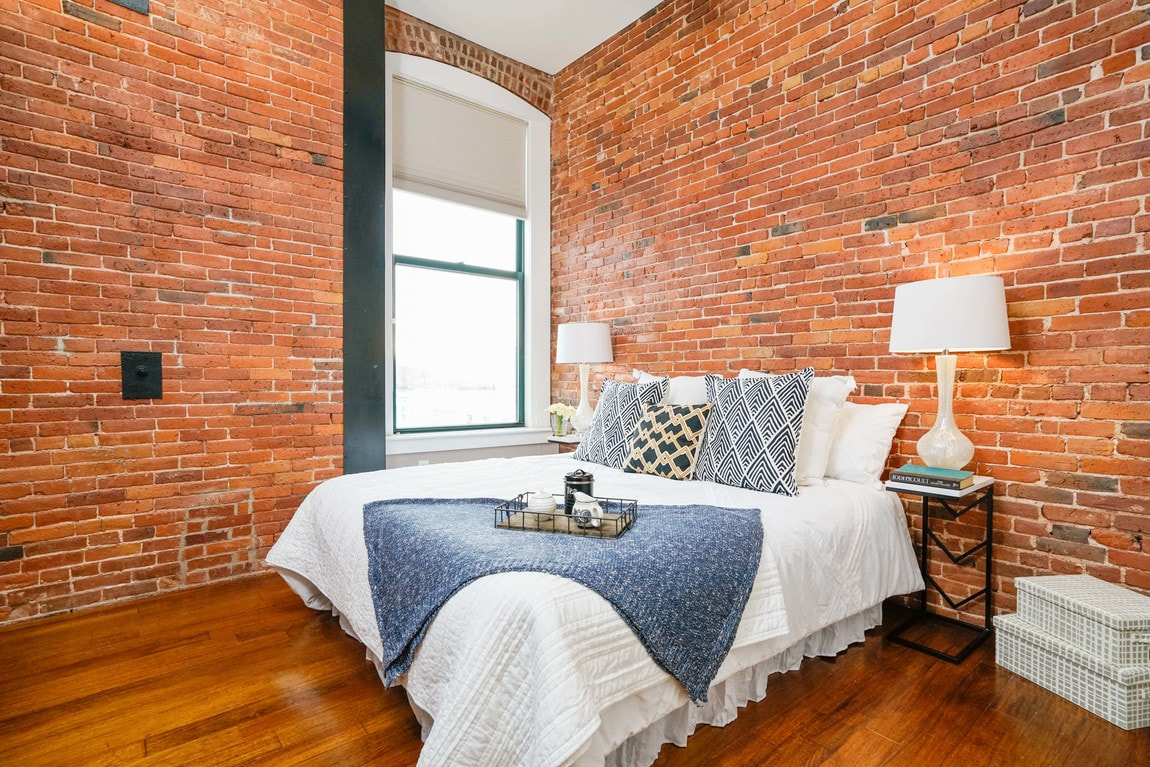 Whether you are buying a new home or refinancing your existing one, applying for a mortgage is a much more thorough process than it used to be. Here are some simple steps to make things easier on yourself and to help ensure you close on your dream home:
Author: Donna Charpentier
0 Comments
 Getting ready to sell your home? Preparation is critical to getting an offer and can have a big impact on how high (or low) that offer is. Here are some tips to help you prepare:
Author: Donna Charpentier  When purchasing a condominium, it’s very important that you ask questions to understand how the condo association is run. Unlike a single family where the owner has total control of its use, a condominium has conditions, covenants, restrictions and often additional rules that govern how the individual unit owners are to share the common areas or facilities. Common areas may include hallways, stairways, elevators, exterior areas, lobbies and even utilities such as the heating system. To help home buyers better understand how a condominium association works, real estate law firm Gilmartin Magence LLP has put together a helpful list of questions that home buyers should ask. Here is a sampling:
In addition to these questions, it’s also a good idea to ask how often the association meets (monthly, quarterly, annually) and to request a copy of the meeting minutes for the past year or so. Note that not all condo associations write formal minutes; in just a three-unit building, for instance, it is unlikely to have minutes. Additionally, you and your attorney should review the association budget and the condominium documents – typically the master deed, unit deed, declaration of trust and the rules and regulations for the building, if any. Author: Donna Charpentier © 2020 DONNA CHARPENTIER. ALL RIGHTS RESERVED. The home inspection is one of the most important steps in the purchase of a home. It’s the buyer’s opportunity to learn as much as he or she can about the property from a licensed and objective professional before committing fully to the purchase. We’ve seen inspections run anywhere from one to four hours, and by the end, the buyers’ eyes have usually glazed over from the amount of information they’ve just been given. The information can be confusing to even an experienced home owner. So, what exactly is the home inspection and what can you expect? For starters, let’s first address what the home inspection is not. The home inspection is not intended to point out every small problem or cosmetic flaw in a home. Having said that, there is inevitably the buyer who presents the seller with a punch list of cosmetic or minor items in an attempt to negotiate a lower selling price. Most often, we see this tactic insulting the seller and backfiring on the buyer. We don’t encourage our clients to pursue this route and instead, we have them focus on what the home inspection is really for: to identify any structural, mechanical or other serious defects. Much like getting a physical exam by a doctor, a home inspector does the same for your house. He or she will review the condition of the readily-accessible portions of the structure of the home, such as the roof, walls, ceilings, floors, windows, doors, basement and foundation. Additionally, an inspector will examine the heating, air conditioning, plumbing and electrical systems to make sure they are all working properly. Given the importance of the home inspection, some thought and time should be spent on hiring the right person for the job. In addition to someone who is Iicensed and insured, we recommend choosing someone who is experienced in your immediate area, as there may be conditions that are exclusive to your specific neighborhood. As with any service professional, getting a recommendation from someone you know and trust is important. Your REALTOR® should be able to give you the names of reputable home inspectors. On average, in the Boston area, you can expect to pay about $500-$700 for a standard inspection depending on the size of the home. Additional inspections, such as to test for radon or lead paint, are an extra charge. Taking your own notes or photos during the inspection can be helpful, although in Massachusetts it’s required that the home inspector provide a written report to you. It isn’t mandatory that the home buyer attend the inspection, but it’s certainly advisable. The inspection is a great opportunity to learn about your future home and also to ask questions. Once the buyer has had a chance to review the report, he or she can withdraw the offer on the property if the inspection reveals more issues than the buyer would like to take on. Most often, the buyer goes forward with the purchase on the condition that the seller address any major items that need repair. The seller is under no obligation to do this, but often a deal is struck that works for both parties. Your real estate agent can provide guidance here on what is appropriate and negotiate the inspection items on your behalf. While it can be overwhelming, the home inspection is not something to be overlooked when purchasing a home. The money spent will be well worth it, and will help ensure your purchase is a sound one. Author: Donna Charpentier © 2020 DONNA CHARPENTIER. ALL RIGHTS RESERVED. |

 RSS Feed
RSS Feed